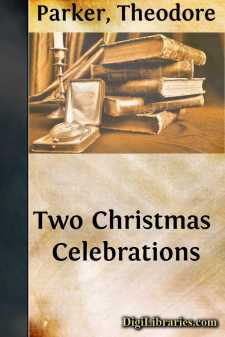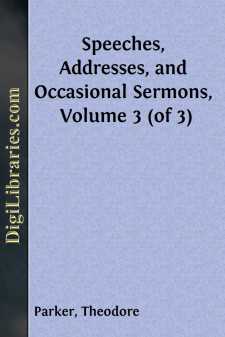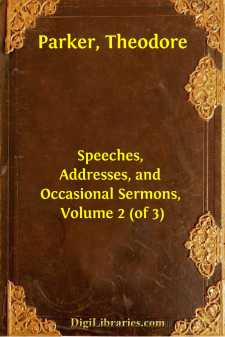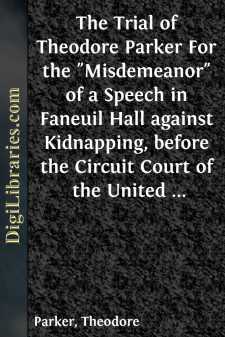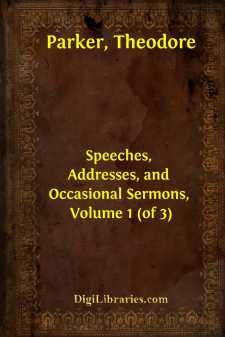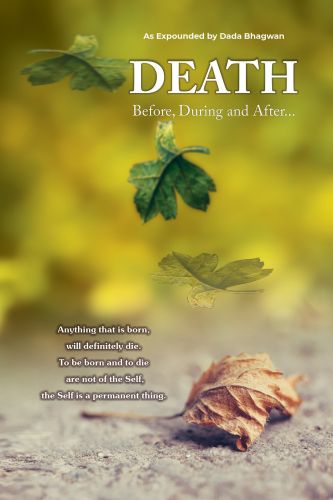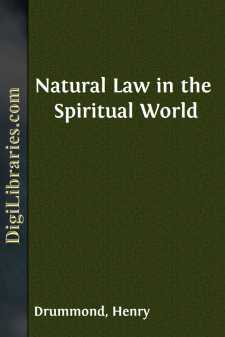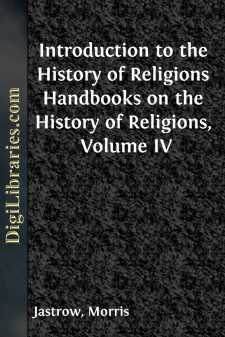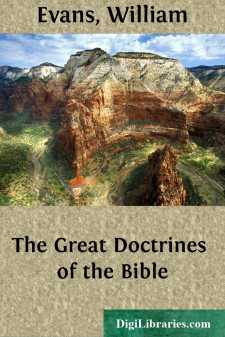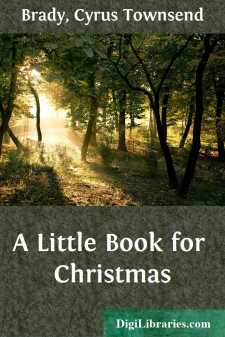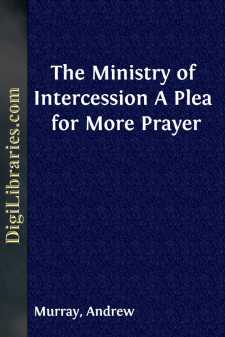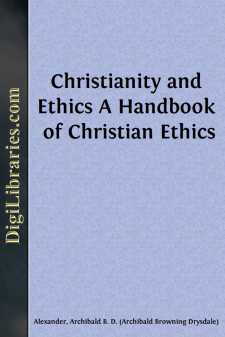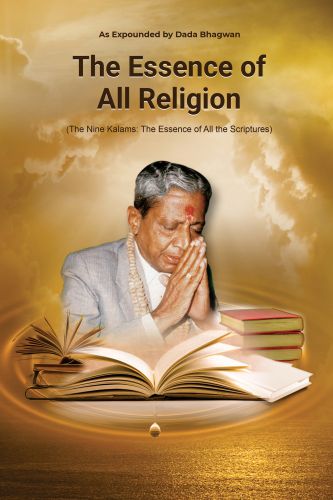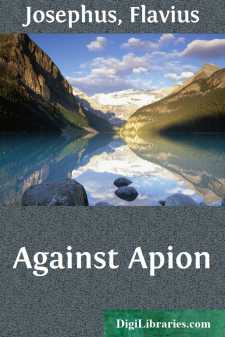Categories
- Antiques & Collectibles 13
- Architecture 36
- Art 48
- Bibles 22
- Biography & Autobiography 813
- Body, Mind & Spirit 142
- Business & Economics 28
- Children's Books 16
- Children's Fiction 13
- Computers 4
- Cooking 94
- Crafts & Hobbies 4
- Drama 346
- Education 46
- Family & Relationships 57
- Fiction 11829
- Games 19
- Gardening 17
- Health & Fitness 34
- History 1377
- House & Home 1
- Humor 147
- Juvenile Fiction 1873
- Juvenile Nonfiction 202
- Language Arts & Disciplines 88
- Law 16
- Literary Collections 686
- Literary Criticism 179
- Mathematics 13
- Medical 41
- Music 40
- Nature 179
- Non-Classifiable 1768
- Performing Arts 7
- Periodicals 1453
- Philosophy 64
- Photography 2
- Poetry 896
- Political Science 203
- Psychology 42
- Reference 154
- Religion 513
- Science 126
- Self-Help 84
- Social Science 81
- Sports & Recreation 34
- Study Aids 3
- Technology & Engineering 59
- Transportation 23
- Travel 463
- True Crime 29
Two Christmas Celebrations
by: Theodore Parker
Categories:
Description:
Excerpt
Two Christmas Celebrations.
A great many years ago, Augustus Caesar, then Emperor of Rome, ordered his mighty realm to be taxed; and so, in Judea, it is said, men went to the towns where their families belonged, to be registered for assessment. From Nazareth, a little town in the north of Judea, to Bethlehem, another little but more famous town in the south, there went one Joseph, the carpenter, and his wife Mary,—obscure and poor people, both of them, as the story goes. At Bethlehem they lodged in a stable; for there were many persons in the town, and the tavern was full. Then and there a little boy was born, the son of this Joseph and Mary; they named him JEHOSHUA, a common Hebrew name, which we commonly call Joshua; but, in his case, we pronounce it JESUS. They laid him in the crib of the cattle, which was his first cradle. That was the first Christmas, kept thus in a barn, 1856 years ago. Nobody knows the day or the month; nay, the year itself is not certain.
After a while the parents went home to Nazareth, where they had other sons,—James, Joses, Simon, and Judas,—and daughters also; nobody knows how many. There the boy JESUS grew up, and it seems followed the calling of his father; it is said, in special, that he made yokes, ploughs, and other farm-tools. Little is known about his early life and means of education. His outside advantages were, no doubt, small and poor; but he learned to read and write, and it seems became familiar with the chief religious books of his nation, which are still preserved in the Old Testament.
At that time there were three languages used in Judea, beside the Latin, which was confined to a few officials: 1. The Syro-Chaldaic,—the language of business and daily life, the spoken language of the common people. 2. The Greek,—the language of the courts of justice and official documents; the spoken and written language of the foreign traders, the aristocracy, and most of the more cultivated people in the great towns. 3. The old Hebrew,—the written and spoken language of the learned, of theological schools, of the priests; the language of the Old Testament. It seems Jesus understood all three.
At that time the thinking people had outgrown the old forms of religion, inherited from their fathers, just as a little girl becomes too stout and tall for the clothes which once fitted her babyhood; or as the people of New England have now become too rich and refined to live in the rough log-cabins, and to wear the coarse, uncomfortable clothes, which were the best that could be got two hundred years ago. For mankind continually grows wiser and better,—and so the old forms of religion are always getting passed by; and the religious doctrines and ceremonies of a rude age cannot satisfy the people of an enlightened age, any more than the wigwams of the Pequod Indians in 1656 would satisfy the white gentlemen and ladies of Boston and Worcester in 1856. The same thing happens with the clothes, the tools, and the laws of all advancing nations. The human race is at school, and learns through one book after another,—going up to higher and higher studies continually....


